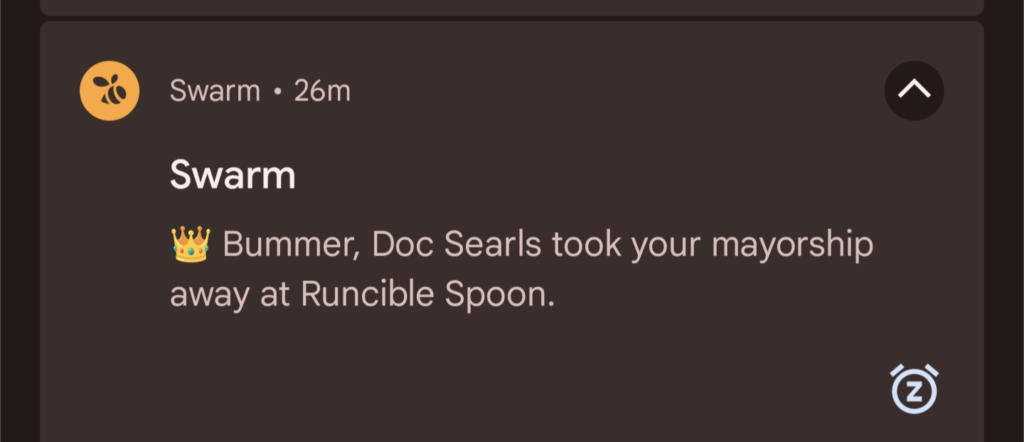I found this interview by Nick Hornby with Bruce Springsteen from 2005 to be a delight (and Bruce being interested in Four Tet then shows that he’s got a good feed of ideas inbound). https://open.substack.com/pub/nickhornby/p/a-2005-interview-with-bruce-springsteen
A relative is dealing with a recent diagnosis of pancreatic cancer, so coming across this article – including the interaction of the nervous system and cancer presence/metastasis – and potential treatments was intriguing. https://www.dkfz.de/en/news/press-releases/detail/bauchspeicheldruesenkrebs-nerven-blockade-als-moegliche-neue-behandlungsstrategie
We have a birdfeeder in our yard which we (and the cats) have been enjoying since 2020 or so. But should we keep it up? This implies we’re OK to (depending on state guidance). https://www.allaboutbirds.org/news/avian-influenza-outbreak-should-you-take-down-your-bird-feeders/
Wide ranging thoughts from Ian Leslie here, who I’m trying to figure out. But of one note to me is his contention that despite the wild perception and involvement with untoward schemes, in-country maybe Millei’s efforts are working? https://www.ian-leslie.com/p/why-are-some-of-our-most-successful
Klass on Doge and the subtleties of preparedness and how quickly it can be missed. https://www.forkingpaths.co/p/doge-and-the-coming-tsunami
Notes for us all in a bit of sanity retention. Pairs well with my reading this week of Kyle Chayka’s Filterworld. https://open.substack.com/pub/embedded/p/twitter-facebook-detox
On the composition of the Brutalist soundtrack, which really did reward the theatre presentation: https://youtu.be/_9xC6n-gyQI
Leonard Cohen artifacts – mostly outside of our price range, but…. https://bid.juliensauctions.com/auctions/catalog/id/593

